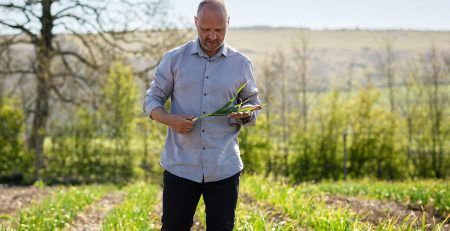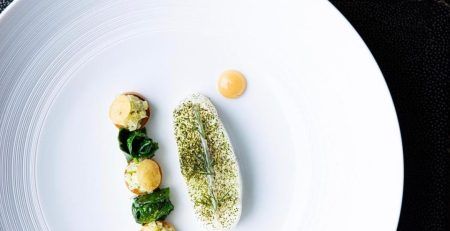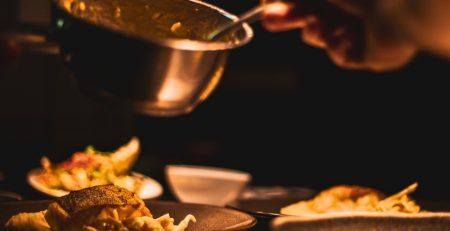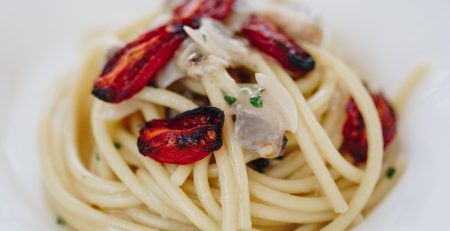Cookbooks, the gastronomic bibles, accompany everyone from eminent chefs to home cooks. Filled with a plethora of flavor combinations, ingredients, and preparation methods, they hold the essence of recipes that goes beyond their surface. Have you ever considered viewing a recipe as a historical record of a region, country, or ingredient? Or some products, like… potatoes?
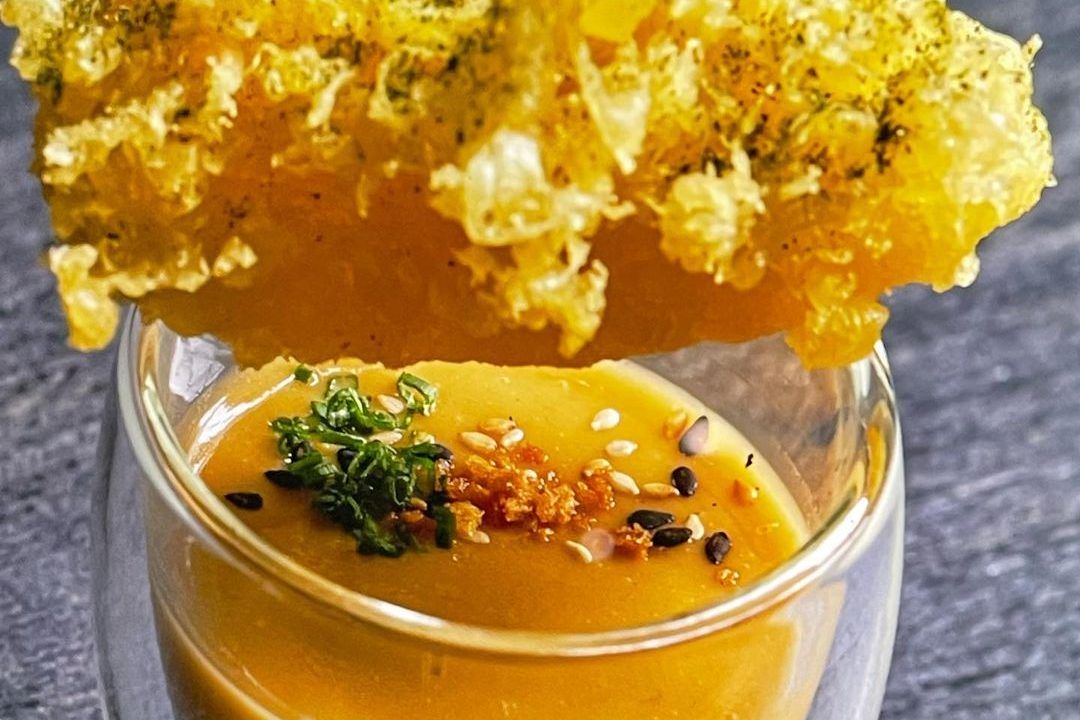
Yale Culinary Tablets
The oldest known written recipe originates from ancient Mesopotamia, present-day Iraq. Dating back to around 1600 BCE, it is a clay tablet called the Yale Culinary Tablets, containing a collection of recipes written in cuneiform script. Among these recipes is “Lamb Broth,” a recipe for a lamb stew. It provides instructions on preparing the meat and incorporating ingredients such as water, salt, onions, garlic, herbs, and spices. Notably, it also highlights the method of thermal treatment—cooking over an open fire.
The Yale Culinary Tablets offer fascinating insights into the culinary practices of ancient Mesopotamians. A more complete surviving cookbook from the classical Roman world “De re Coquinaria” attributed to Marcus Gavius Apicius. It is worth noting that there may exist even older recipes that have not been preserved or discovered, given the variations in writing systems and record-keeping practices among ancient civilizations.

Different versions of the ingredient
Recipes are not just a way to prepare a dish. It is a look at a given ingredient and its meaning in different cultures. We can look at many products through the lens of society and history. We chose the potato. Yes, this plant is the basis of many cuisines. Let’s start with the root. Peru is considered the birthplace of potatoes. The indigenous communities of the Andean region have been cultivating potatoes for thousands of years. The versatility of this tuber ensured its rapid expansion to other countries and continents. Potatoes came to Sweden in the late 17th century. The exact date of their arrival is uncertain, but it is believed that they were brought by sailors or traders who encountered them on their voyages to South America. Over time, potatoes have taken many forms and became part of traditional Swedish dishes.
Cultural Approaches to Potatoes
Historical differences in culinary traditions between Latin America and Sweden have influenced the diverse variations in potato recipes within each region. Each region’s unique culinary heritage shapes the way people prepare and enjoy potatoes. In Latin America, potatoes take on a prominent role, with bold flavors and spices enhancing their taste. Spices, chili peppers and native ingredients complement the tubers. The iconic dish like “Papa a la Huancaina” from Peru exemplify the fusion of potatoes with vibrant ingredients such as aji amarillo, cheese, and milk.

In contrast, Swedish cuisine emphasizes simplicity, allowing the natural flavors. People often incorporated potatoes alongside other ingredients. Those vegetabes elevate classic dishes like Swedish meatballs and traditional fish preparations. A well-loved Swedish creation, “Janssons Frestelse,” combines thinly sliced potatoes, onions, anchovies, cream, and breadcrumbs to create a creamy and flavorful casserole.
By using potatoes as an example of a globally cultivated vegetable, we can witness the fascinating journey these products have undertaken and how they have been adapted to unique culinary traditions in different regions. Through an examination of historical context and the contrasting regulatory differences, we can develop a deeper understanding of the impact of cultural influences, ingredient availability, and evolving culinary traditions on the utilization of these products. This allows us to infer the diverse flavors and culinary practices that shape the way we percieve and combine these ingredients.
https://recipes.timesofindia.com/articles/features/food-is-a-meal-cuisine-is-a-wide-range-of-experiences/articleshow/49733854.cms
https://ebrary.net/143465/law/short_history_recipes_gastronomy
https://www.bbc.com/travel/article/20200302-the-true-origins-of-the-humble-potato

